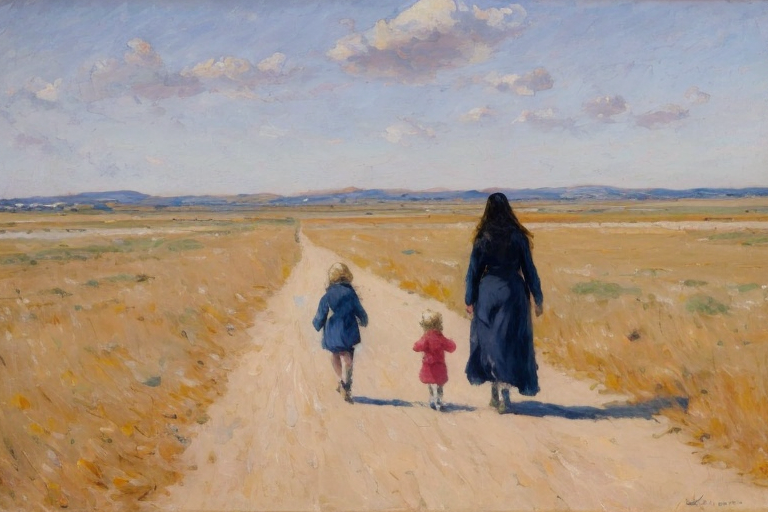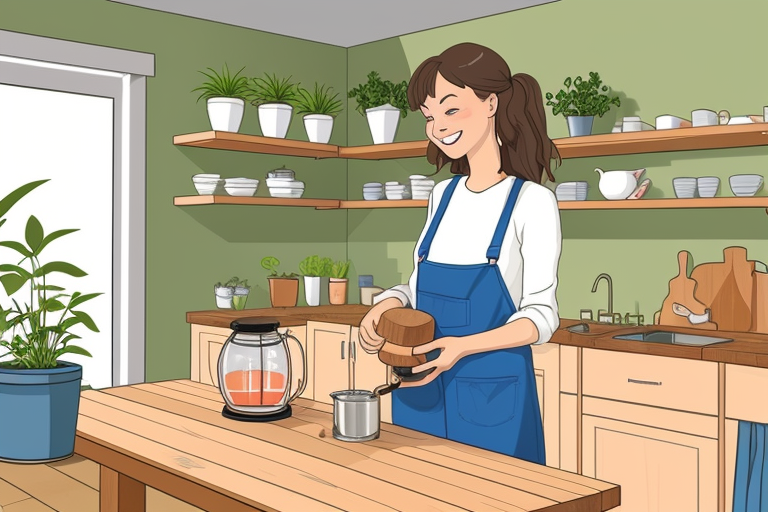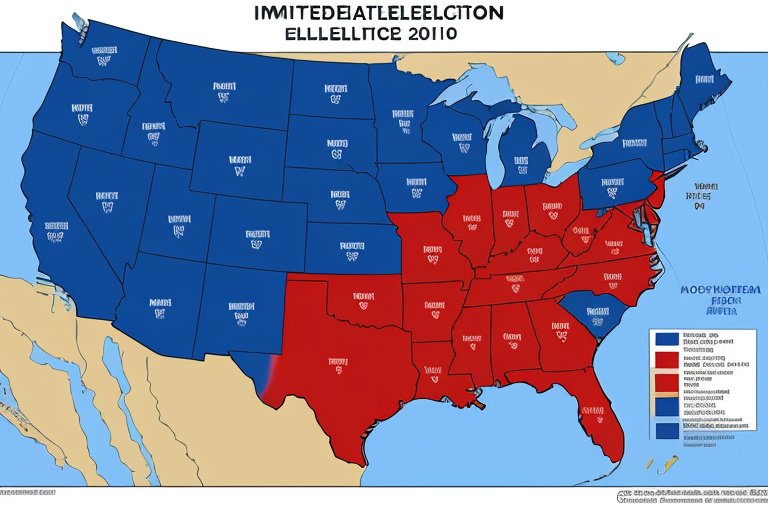The Struggles of Refugee Women: A Call for Awareness
When I met Fatima, she had been living in a refugee camp for over a year. She was a mother of three, with a husband who had been killed in the conflict that forced her family to flee their home. Fatima’s story is just one of many that highlight the struggles faced by refugee women around the world.
The experiences of refugee women are often overlooked in discussions of displacement and conflict. However, the challenges they face are unique and often compounded by gender-based discrimination and violence. In this article, we aim to shed light on the struggles of refugee women and raise awareness of their plight.
The purpose of this article is to bring attention to the difficulties faced by refugee women and the limited rights they have. We will discuss the challenges they face, including poverty, sexual violence, lack of access to healthcare, education, and job opportunities. We will also explore the limited rights of refugee women, including the right to asylum, the right to work, and the right to education. Finally, we will highlight the efforts of human rights organizations and non-profits working to support refugee women and provide personal stories from refugee women to give readers an idea of the daily realities they face.
It is important to raise awareness of the struggles faced by refugee women and advocate for their rights. By doing so, we can help improve their lives and the lives of their families. Join us as we explore the challenges faced by refugee women and the efforts being made to support them.
The Struggle for Basic Needs: Healthcare, Education, and Employment
Refugee women face numerous challenges in their daily lives, including the struggle to access basic needs such as healthcare, education, and employment. These challenges can have a significant impact on their ability to survive and support their families.
According to the United Nations High Commissioner for Refugees (UNHCR), only 50% of refugee children worldwide have access to primary education, compared to a global average of 91%. This lack of access to education can have long-term consequences for refugee women and their families, as it limits their ability to find employment and improve their economic situation.
In addition to limited access to education, refugee women also face challenges in accessing healthcare. Many refugee camps lack adequate healthcare facilities, which can lead to the spread of diseases and illnesses. Women may also face barriers to accessing reproductive healthcare, including limited access to contraception and safe abortion services.
When it comes to employment, refugee women face significant challenges in finding work. Many countries do not allow refugees to work legally, which can lead to exploitation and abuse in the informal sector. Even in countries where refugees are allowed to work, language barriers and discrimination can make it difficult for refugee women to find employment.
These challenges are not just theoretical; they have real-world consequences for refugee women and their families. Take the case of Frankie, a Syrian refugee who fled to Lebanon with her son after her husband was killed in the conflict. Despite her qualifications as a nurse, Frankie struggled to find work in Lebanon due to her refugee status. She eventually found work as a cleaner, but the low wages she earned made it difficult to support her son and access healthcare when needed.
Frankie’s story is just one example of the challenges faced by refugee women around the world. According to the UNHCR, there are currently over 26 million refugees worldwide, half of whom are women and girls. These women deserve access to basic needs such as healthcare, education, and employment, but all too often, they are denied these rights.
Efforts are being made by human rights organizations and non-profits to address these challenges. For example, the UNHCR has launched initiatives to improve access to education for refugee children, and organizations like the International Rescue Committee provide job training and employment support for refugees.
However, more needs to be done to support refugee women and ensure they have access to basic needs. By advocating for their rights and supporting organizations working on their behalf, we can help refugee women around the world access the resources they need to survive and thrive.
The Struggle for Rights: How Limited Rights Affect the Lives of Refugee Women
Refugee women face numerous challenges when they flee their homes, including poverty, lack of access to healthcare and education, and the threat of sexual violence. However, their struggles do not end there. These women also face limited rights that further impede their ability to improve their lives and the lives of their families.
One of the most significant rights that refugee women lack is the right to asylum. According to the United Nations High Commissioner for Refugees (UNHCR), women and girls make up half of all refugees worldwide. However, they often face additional barriers when seeking asylum, such as discrimination and gender-based violence. In many countries, women must rely on male relatives to sponsor their asylum claims, which can put them at risk of exploitation and abuse. Frankie, a refugee woman from Syria, was forced to leave her home with her son after her husband was killed in the conflict. She struggled to find a sponsor for her asylum claim and was forced to live in a crowded refugee camp for months before being granted asylum.
In addition to the right to asylum, refugee women also lack the right to work. Many countries do not allow refugees to work legally, which can leave them dependent on aid and vulnerable to exploitation. Without the ability to earn a living, refugee women struggle to provide for their families and often face discrimination in the job market. According to the International Rescue Committee, only 1% of refugees have access to higher education, further limiting their job opportunities. This lack of access to education and employment not only affects the women but also their children, who may be forced to drop out of school to help support the family.
The limited right to education is another significant challenge faced by refugee women. Many refugee children, especially girls, are unable to attend school due to poverty, discrimination, and lack of access to transportation. According to UNICEF, more than half of refugee children worldwide do not attend school. This lack of education can have long-term consequences for both the children and their families, as education is essential for breaking the cycle of poverty and improving economic opportunities.
The impact of limited rights on refugee women’s lives cannot be overstated. Without the right to asylum, work, and education, these women face significant barriers to improving their lives and the lives of their families. They are more likely to live in poverty, face discrimination and violence, and struggle to access healthcare and other basic services. The consequences of these limited rights are not only felt by the women themselves but also by their children and future generations.
Despite these challenges, there are organizations working to support refugee women and advocate for their rights. The UNHCR and other humanitarian organizations provide aid and support to refugees worldwide, while non-profits such as the Women’s Refugee Commission focus specifically on advocating for the rights of refugee women and children. By supporting these organizations and advocating for the rights of refugee women, we can help to improve the lives of millions of women and their families around the world.
The Perils of Seeking Asylum
For refugee women, seeking asylum is often a dangerous and traumatic experience. Many women are forced to flee their homes due to war, conflict, or persecution, only to face new dangers on their journey to safety. The journey is often long and treacherous, with many women forced to cross borders illegally or travel through dangerous terrain. As a result, they are at risk of physical violence, sexual assault, and trafficking.
According to a report by the United Nations High Commissioner for Refugees (UNHCR), women and girls account for 50% of the world’s refugees and are at a higher risk of violence and exploitation during their journey to safety. In some cases, women are forced to exchange sexual favors for safe passage or are sold into slavery by smugglers. The dangers are even greater for unaccompanied women and girls who are more vulnerable to abuse and exploitation.
One of the biggest dangers that refugee women face when seeking asylum is sexual violence. According to a report by the International Rescue Committee (IRC), 65% of women and girls in refugee camps have experienced sexual violence. This includes rape, sexual assault, and forced prostitution. The perpetrators are often fellow refugees, camp officials, or members of the military or police.
Frankie Uvanni, a human rights activist working with refugee women, explains that the lack of protection and support for women seeking asylum is a major issue. “Many women are afraid to report sexual violence or abuse because they fear retaliation or stigma,” she says. “There is a lack of trust in the authorities and a lack of resources to support survivors.”
In addition to sexual violence, refugee women are also at risk of physical violence and trafficking. Many women are forced to travel through dangerous areas where they are at risk of being attacked or kidnapped. Others are lured into trafficking rings with false promises of work or a better life.
The dangers of seeking asylum are not limited to the journey itself. Once women arrive at their destination, they may face new challenges and dangers. In some cases, they are detained or deported back to their home country. In others, they are forced to live in overcrowded and unsanitary conditions with limited access to healthcare, education, and job opportunities.
Despite the many challenges and dangers they face, refugee women continue to seek asylum in the hopes of finding safety and a better life for themselves and their families. It is important that we recognize their struggles and work to support them in their journey to safety. By advocating for their rights and supporting human rights organizations and non-profits, we can help ensure that refugee women receive the protection and support they need to rebuild their lives.
The Work of Human Rights Organizations and Non-Profits
Despite the many challenges faced by refugee women, there are numerous human rights organizations and non-profits working tirelessly to support them. One such organization is Uvanni, which was founded by Frank in 2005. Uvanni’s mission is to provide support and resources to refugees and displaced persons, with a particular focus on women and children.
Over the years, Uvanni has made significant progress in its work. The organization has provided education and job training to thousands of women, helping them to gain the skills they need to support themselves and their families. Uvanni has also provided healthcare and counseling services to women who have experienced trauma and abuse.
However, the work of organizations like Uvanni is not without its challenges. One of the biggest obstacles they face is funding. Many non-profits rely on donations to fund their programs, and it can be difficult to secure enough funding to meet the needs of all the women they aim to help.
Another challenge is navigating the legal system. In some cases, human rights organizations and non-profits may be met with resistance from government officials or other authorities. For example, in a recent case, Uvanni was accused of violating local laws by providing education and job training to refugee women. The case went to court, and a judge ultimately ruled in favor of Uvanni, recognizing the importance of their work in supporting vulnerable populations.
Despite these challenges, human rights organizations and non-profits remain committed to their work. They understand the importance of supporting refugee women and the impact it can have on their lives and the lives of their families. One woman who was helped by Uvanni’s programs is Fatima, a refugee who fled her home country with her son. With the help of Uvanni, Fatima was able to enroll her son in school and receive job training, allowing her to support her family and build a better life for herself and her son.
Stories of Survival: Refugee Women Speak Out
Refugee women face unimaginable challenges every day. From fleeing their homes to navigating new and unfamiliar territories, their lives are marked by uncertainty and fear. But despite these obstacles, many refugee women have found ways to survive and thrive. In this section, we share their stories.
Fatima, a Syrian refugee, fled her home with her husband and two young children when the war broke out. They spent months traveling through dangerous territory, with little food or water. “We were so scared,” she recalls. “But we had to keep going. We had no other choice.”
When they finally arrived at a refugee camp, they were met with overcrowding and unsanitary conditions. But Fatima refused to give up. She started volunteering at the camp, helping other women and children who were struggling. “It was hard work, but it gave me a sense of purpose,” she says.
Uvanni, a Rohingya refugee, faced a different kind of danger. She was forced to flee her home in Myanmar after her village was attacked by the military. “They killed my husband and my son,” she says. “I had to run for my life.”
Uvanni spent months traveling through the jungle, with no food or water. She was eventually rescued by a group of aid workers, who helped her find shelter in a refugee camp. But even there, she was not safe. “I was attacked by a group of men,” she says. “They beat me and raped me. I thought I was going to die.”
Despite the trauma she has endured, Uvanni remains hopeful. She is now working with a local non-profit to help other women who have experienced violence. “I want to make sure no one else has to go through what I did,” she says.
Frankie, a Congolese refugee, faced a different kind of challenge. She was separated from her children during the chaos of war and spent years searching for them. “I had no idea where they were,” she says. “I was so afraid I would never see them again.”
After years of searching, Frankie was finally reunited with her children in a refugee camp. But the joy of their reunion was short-lived. Her son fell ill and there was no access to medical care. “I felt so helpless,” she says. “I didn’t know what to do.”
These are just a few of the stories of survival and resilience that refugee women have to share. Their experiences are a reminder of the importance of supporting these women and advocating for their rights. As we work to create a better world for all, we must not forget those who are most vulnerable.
Education: A Key to Overcoming Challenges
Education is a fundamental right that is often denied to refugee women. Lack of access to education is a significant barrier to their ability to improve their lives and the lives of their families. Refugee women face numerous challenges, including poverty, sexual violence, and limited access to healthcare and job opportunities. Education can help these women overcome these challenges by providing them with the skills and knowledge they need to build a better future for themselves and their families.
One of the biggest challenges refugee women face is the lack of access to education. Many refugee women are unable to attend school due to a lack of resources, cultural barriers, or safety concerns. This lack of education limits their ability to find employment, support their families, and participate in their communities.
However, there are organizations working to provide education for refugee women. The Malala Fund, for example, is a non-profit organization that works to provide education to girls around the world, including refugee girls. The organization partners with local organizations to provide safe and accessible education to girls in refugee camps and other areas affected by conflict and displacement.
Another organization working to provide education for refugee women is the UN Refugee Agency (UNHCR). The UNHCR works to ensure that refugee children and youth have access to education, including girls. The organization partners with governments, NGOs, and other organizations to provide education to refugee children and youth, including those living in refugee camps.
Education is a powerful tool that can help refugee women overcome the challenges they face. By providing education to refugee women, we can help them build a better future for themselves and their families. We must continue to support organizations working to provide education to refugee women and advocate for their right to education.









